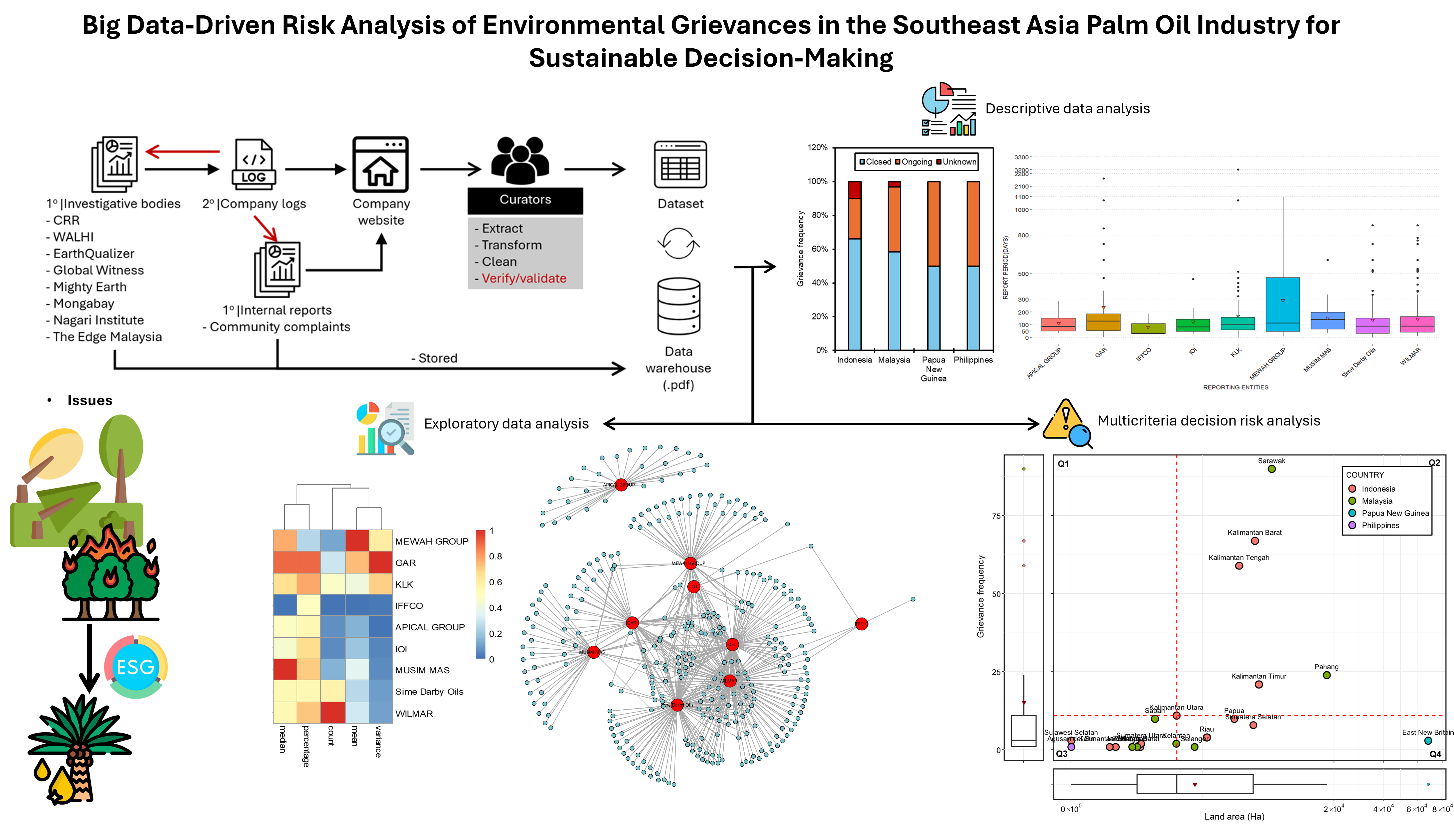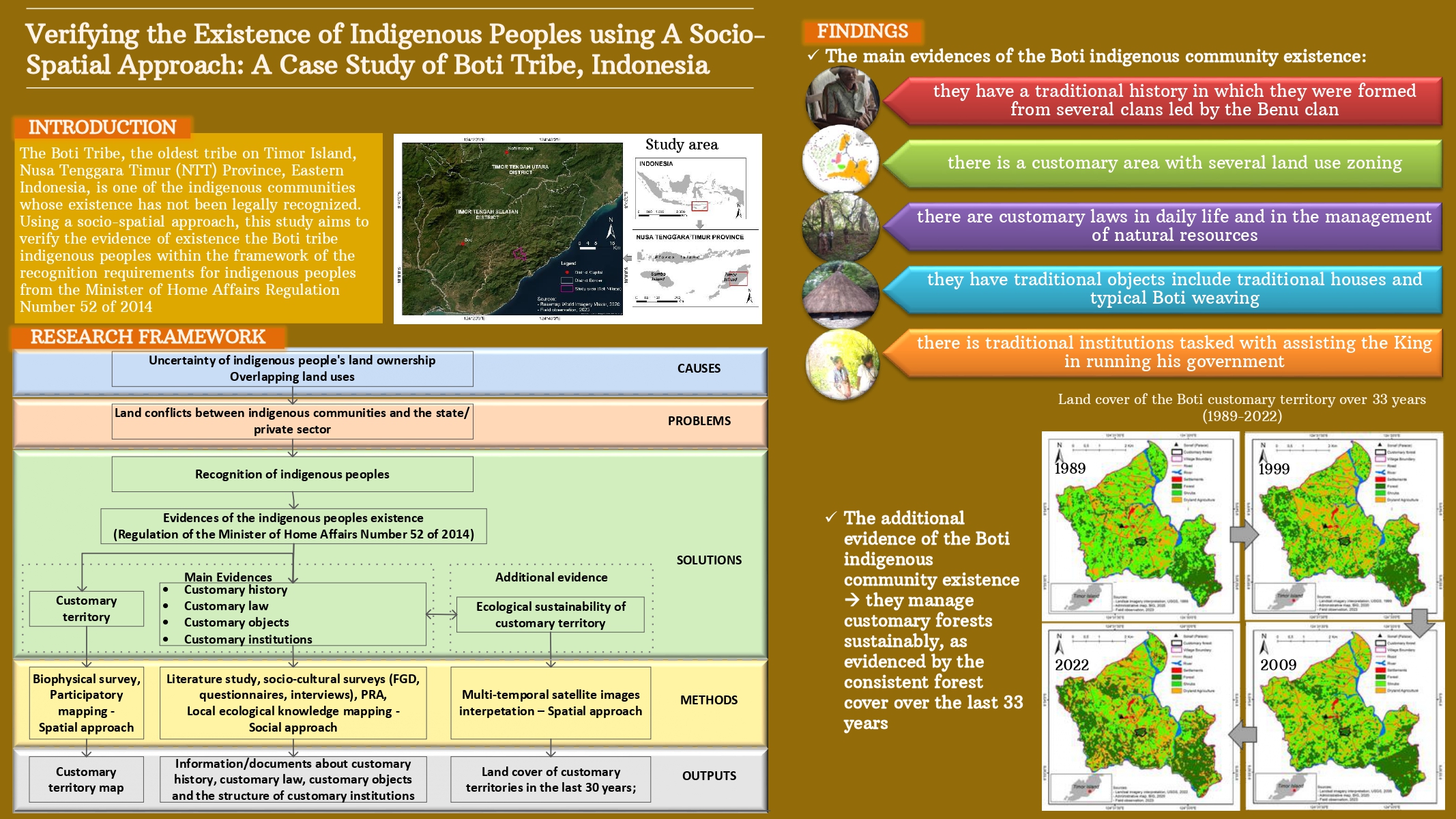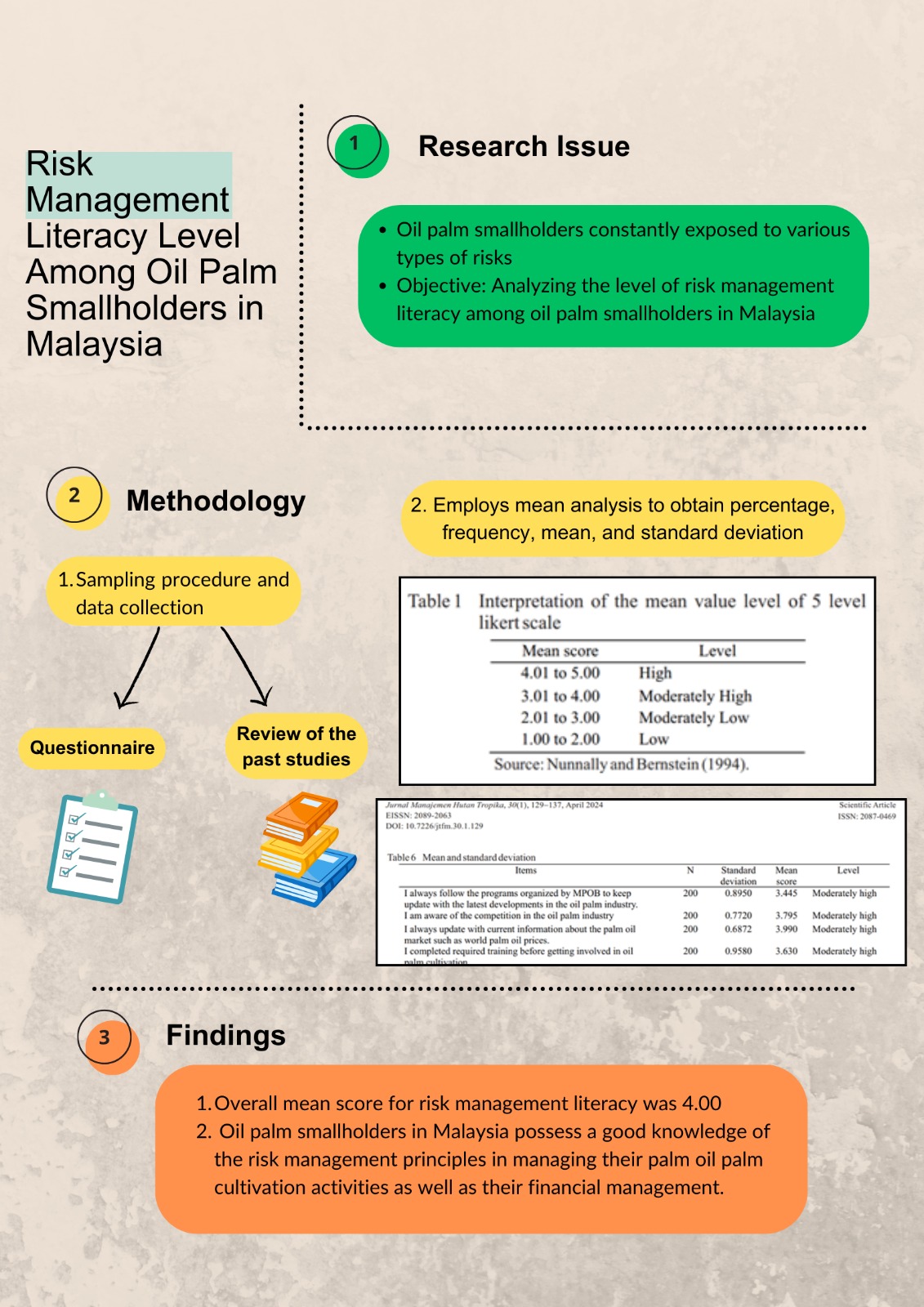Abstract
The main problem of forest institutional arrangement is the issue of institutional sustainability in achieving sustainable forest ecosystem. This study aimed to explain the barriers of institutional sustainability Community Conservation Agreement (CCA) designed in Lore Lindu National Park (LLNP), in Indonesia, as a collaborative management of national parks. This study is of descriptive which used qualitative approach, i.e. asking open-ended questions, reviewing documentation and analyzing textual of community conservation agreements. We found that the institutional sustainability barriers of CCA were the local decisions on collective-choice level and that the rules at operational level arranged in CCA were not in line with formal rules of national park management at the constitutional level. Furthermore, the low capacity of local institutions in heterogeneous villages with many migrants in controlling and regulating the forest use, especially in rehabilitation zone areas, also became a barrier to institutional sustainability of CCA. Therefore, institutional sustainability of CCA requires support of national park management policy that accommodates the sustainability of livelihoods of local communities in national parks, strengthening local institution's capacity, and ultimately integrating institution of CCA as part of LLNP management.
Authors
MassiriS. D., NugrohoB., KartodihardjoH., & SoekmadiR. (2015). Institutional Sustainability Barriers of Community Conservation Agreement as a Collaboration Management in Lore Lindu National Park. Jurnal Manajemen Hutan Tropika, 21(3), 147-154. Retrieved from https://journal.ipb.ac.id/index.php/jmht/article/view/10796
Jurnal Manajemen Hutan Tropika is an open access journal which means that all contents is freely available without charge to the user or his/her institution. Users are allowed to read, download, copy, distribute, print, search, or link to the full texts of the articles in this journal without asking prior permission from the publisher or the author. This is in accordance with the Budapest Open Access Initiative (BOAI) definition of open access.





